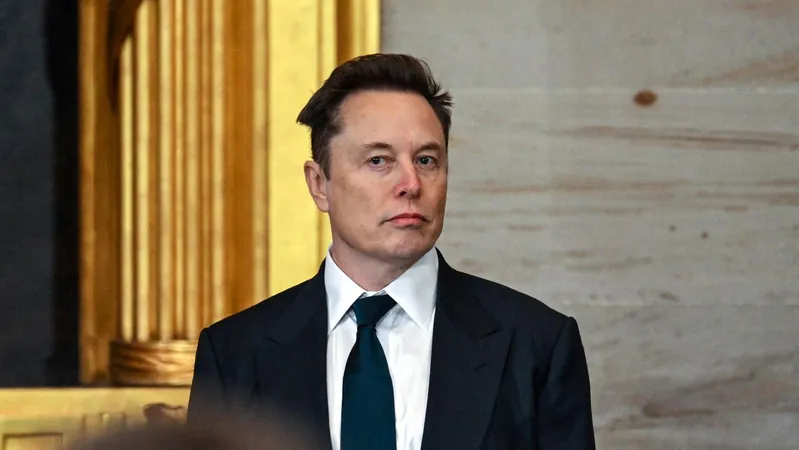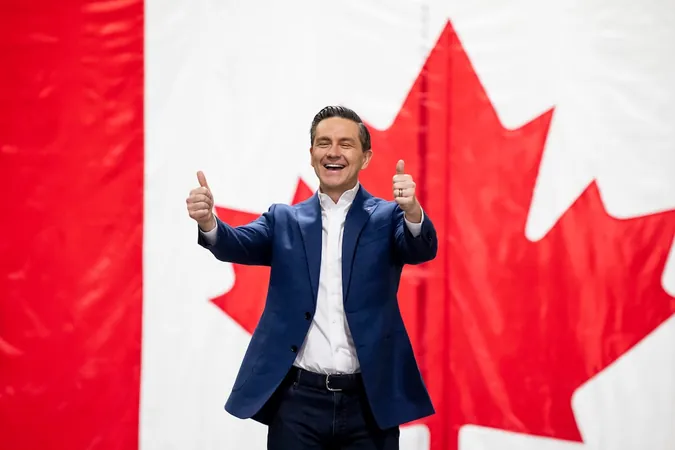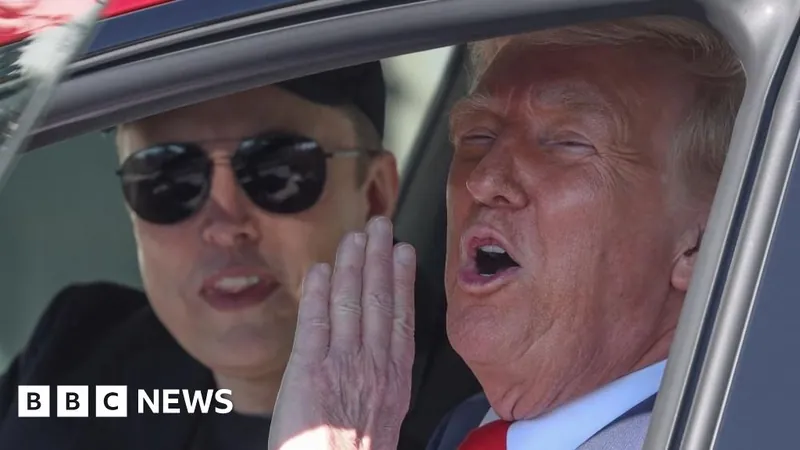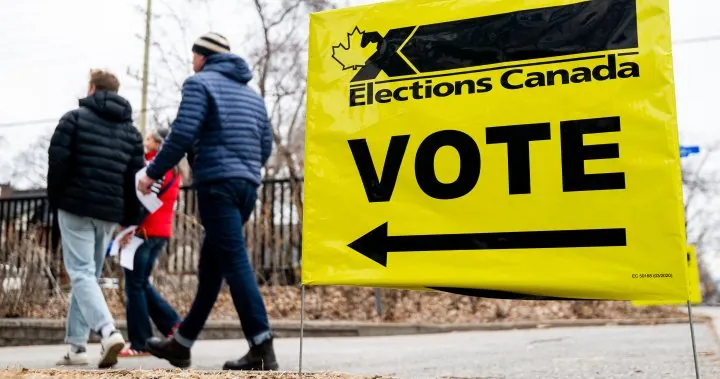
Billionaires, Including Elon Musk, Decry Trump's Tariffs as a 'Massive Policy Error'
2025-04-08
Author: Liam
Overview
In a surprising turn of events, billionaire backers of former President Donald Trump, such as Tesla CEO Elon Musk, have articulated their unease with Trump's aggressive tariff strategies. As these tariffs wreak havoc on global markets, their potential repercussions on the economy are increasingly under the spotlight.
Key Figures
Recent reports indicate that Trump's top ten billionaire donors collectively saw their fortunes plummet by more than $10 billion in just one day following his tariff announcement. This stark decline was part of a staggering $270 billion loss suffered by billionaires worldwide, according to Forbes. Among those suffering financially were high-profile executives like Meta's Mark Zuckerberg, Amazon's Jeff Bezos, and Oracle's Larry Ellison.
Criticism from Allies
Kimbal Musk, Elon’s brother and a fellow entrepreneur, labeled Trump as "the most high-tax American President in generations," arguing that the tariffs essentially act as a permanent tax on American consumers. He took to social media platform X to express his disdain for the tariff strategy.
Trump stands firm on his decision, suggesting in a Monday post on Truth Social that the U.S. has a unique opportunity to rectify longstanding trade issues. "Don't be weak! Don’t be stupid!" he urged in a characteristic outburst. In his defense, he claimed tariffs are crucial for redefining the U.S.'s international trade landscape, indicating a belief that eventual benefits will outweigh current market turmoil.
Concerns from Other Trump Supporters
The backlash isn't limited to just billionaires; a range of business leaders and prominent figures who typically support Trump have raised alarms. Dave Portnoy, the founder of Barstool Sports, lamented a potential 15% decrease in his net worth due to market fluctuations attributed to Trump's tariffs. Despite this, Portnoy remains hopeful about Trump’s business acumen.
Podcaster Joe Rogan criticized the trade conflict with Canada, branding it as "stupid," while conservative voice Ben Shapiro described Trump's tariff stance as “problematic,” advocating for clarity and strategic direction rather than chaos.
Moreover, Republican lawmakers expressing a shift in their support have questioned Trump's approach. Sen. Thom Tillis posed challenges to the administration's strategy, seeking clarity on accountability if the policies prove detrimental. Lawmakers are increasingly worried about the long-term implications of these tariffs, with some urging greater sensitivity to businesses at risk of bankruptcy.
Future Tariff Developments
In a somewhat contradictory stance, Trump hinted at a willingness to negotiate tariffs with other nations, stating discussions could begin "immediately." Treasury Secretary Scott Bessent stated that negotiations, likely focusing first on Japan, could take significant time. However, the White House has denied any intentions of pausing the tariffs, dismissing such speculation as baseless.
Congressional action may also play a pivotal role in shaping future tariff policies. Bipartisan legislative proposals are on the table that would require congressional approval for any tariffs imposed by the president. While proponents within Congress are currently divided, a growing number of Republicans may sway toward supporting this legislation if the economic fallout from the tariffs continues to escalate. In addition, legal challenges to Trump's authority to enact these tariffs are mounting, with businesses gearing up for court battles over the issue.
Context
Trump's recent tariff announcements, made during a "Liberation Day" event, are framed as part of his long-standing promise to revitalize American manufacturing and penalize foreign countries for perceived trade injustices. Historically, economists have cautioned that such aggressive tariff policies could elevate consumer prices and stifle economic growth.
Despite widespread backing from billionaires during the election that led to his presidency, Trump's implementation of extensive tariffs is now stirring dissent among those who had previously championed his economic policies, signaling a complex and evolving political landscape as reactions unfold.









 Brasil (PT)
Brasil (PT)
 Canada (EN)
Canada (EN)
 Chile (ES)
Chile (ES)
 Česko (CS)
Česko (CS)
 대한민국 (KO)
대한민국 (KO)
 España (ES)
España (ES)
 France (FR)
France (FR)
 Hong Kong (EN)
Hong Kong (EN)
 Italia (IT)
Italia (IT)
 日本 (JA)
日本 (JA)
 Magyarország (HU)
Magyarország (HU)
 Norge (NO)
Norge (NO)
 Polska (PL)
Polska (PL)
 Schweiz (DE)
Schweiz (DE)
 Singapore (EN)
Singapore (EN)
 Sverige (SV)
Sverige (SV)
 Suomi (FI)
Suomi (FI)
 Türkiye (TR)
Türkiye (TR)
 الإمارات العربية المتحدة (AR)
الإمارات العربية المتحدة (AR)